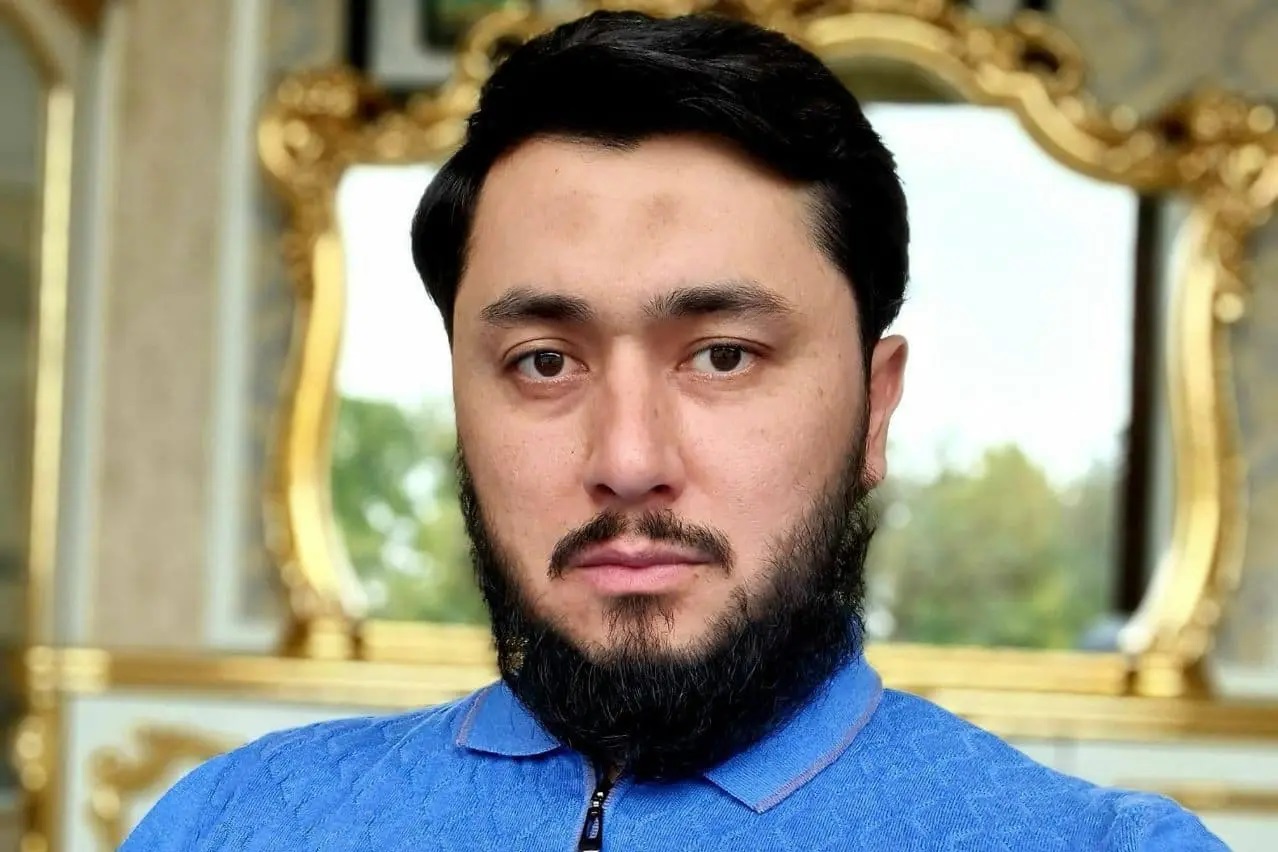The government of Uzbekistan continues to place severe restrictions on religious freedom and freedom of speech – despite numerous promises of reform. In the last three years, Human Rights Watch has documented over a dozen cases in which Uzbek authorities brought criminal charges against people for storing or sharing content containing “religious extremist” ideas or that penalized their freedom of speech. Non-violent content including religious songs or social media posts have been treated as “materials threatening public safety and public order” and outspoken critical bloggers have increasingly been targeted with dubious criminal charges.
Uzbekistan authorities still deem legitimate expression of religious sentiment or belief ‘extremism,’ while media workers face increasing controls, restrictions, and intimidation. Despite many recommendations from the United Nations and other international bodies that the government should amend its overbroad and vague definition of “extremism,” Uzbek law does not distinguish between violent and nonviolent extremism. Extremism-related provisions in the criminal code are used against people solely for their peaceful religious activity or expression.
Human Rights Watch has been a leading voice urging authorities in Uzbekistan to cease its crackdown on free speech and religious freedom, particularly in the release of three Uzbek prisoners: Otabek Sattoriy, Fazilhoja Arifhojaev, and Jahongir Ulugmurodov.
Otabek Sattoriy, a blogger and vocal government critic who covered sensitive issues such as alleged corruption and farmers’ rights, was detained on January 30, 2021 in a dubious extortion case brought by local authorities. He was given a six-and-a-half year prison sentence on charges that his lawyer called “fabricated”. In the time since then, Human Rights Watch has published several publications detailing Sattoriy’s story and calling for his immediate release. We are happy to report that in February, a court granted Sattoriy early release.
Fazilhoja Arifhojaev, a Muslim blogger from Uzbekistan, was sentenced in January 2022 to seven-and-a-half years in prison for “threatening public security” after reposting and commenting on a social media post that questioned whether it was appropriate for a Muslim to congratulate non-Muslims on their religious holidays. In addition to reports of mistreatment and lack of medical care in detention – signaling a blatant disregard for rights – Arifhojaev’s detention on the basis of protected speech is arbitrary and violates international law. After reporting on Arifhojaev’s case and publicly calling out his mistreatment, Human Rights Watch is happy to report that Uzbek authorities granted parole to Arifhojaev in early December 2023.
Jahongir Ulugmurodov, a 20-year-old student at Tashkent university, was sentenced to three years in prison for sharing a link to an Islamic devotional song deemed “extremist” by Uzbek authorities. The State Committee on Religious Affairs concluded that the song “is filled with fundamentalist ideas,” but the text of the song as included in the State Committee’s analysis and which Human Rights Watch has seen, does not constitute imminent incitement to violence. After Human Rights Watch reported on the issue and the international community voiced concerns, we are happy to report that Uzbek authorities in December 2023 lifted all restrictions on Ulugmurodov.

